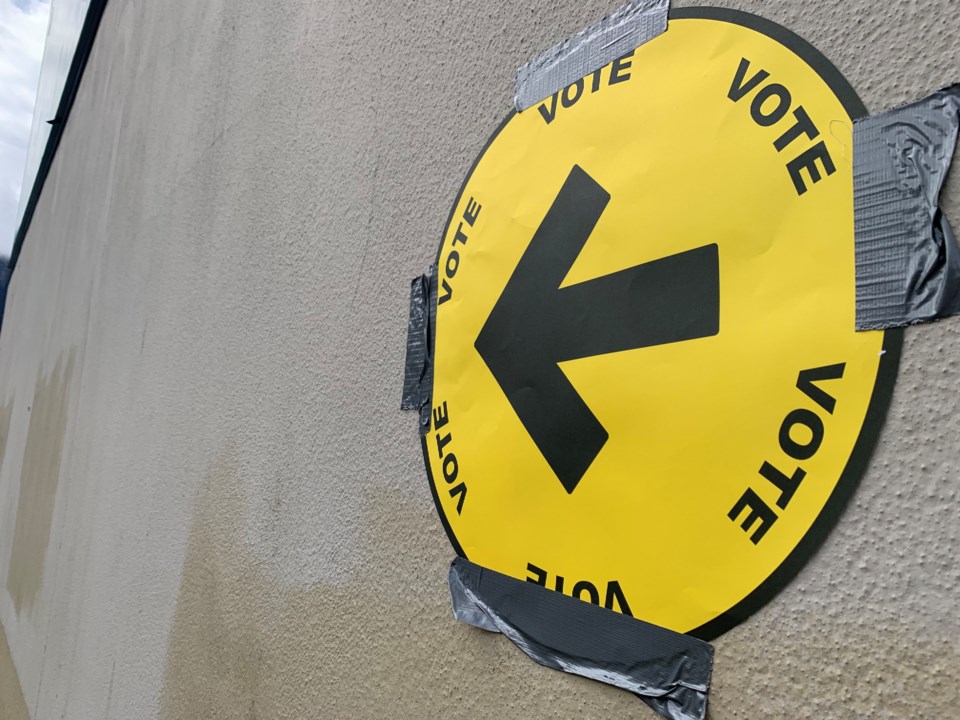The trade war with the U.S. and the current federal election campaign are enough to give anyone a migraine.
Being a voter can feel like a parent walking into a room of scrapping children and trying to figure out who did what to whom and why, while each kid yells, “It is their fault!”
However, the all-candidates debate in Squamish earlier this month was a refreshing change of pace.
The candidates in attendance—incumbent Liberal MP Patrick Weiler, Green Party of Canada candidate Lauren Greenlaw, Jäger Rosenberg of the NDP and People’s Party of Canada candidate Peyman Askari—showed what civil debate can look like.
(Unfortunately, the Conservative Party's Keith Roy did not attend.)
Members of the audience may not have had their minds changed, but they likely had them broadened by the various ideas, put up against each other.
What was most impactful about the night was that, because it was a positive and constructive dialogue, every candidate made thoughtful points that likely many in the audience agreed with, even if they wouldn’t vote for that person.
This is the best of what politics and leading can look like: a civil exchange of ideas, with the understanding that everyone wants the same thing—to make Canada better—they just have different perspectives on how to get there.
It is worth pondering if that meeting is what it would be like if Canada had proportional representation, rather than the first-past-the-post electoral system we have now.
With proportional representation, who is in power is directly related to the votes they get.
If a party gets 40% of the vote, they should get 40% of the seats, states , which advocates for electoral reform.
“Under our non-proportional voting system, a party can win a majority of seats and all the power with far less than half the popular vote.”
How would a change to proportional representation help leaders get along better and work collaboratively?
There would be more voices at the table, and an incentive to work together.
“Reflexive opposition to the ‘enemy’ would no longer be the way to win elections, because voters would have more than a choice between the lesser of two evils,” say Lee Drutman and Dustin Wahl in on how to fix the U.S. Congress (from 2023).
“This would allow more ways to form a coalition ... capable of compromising and governing with a lot less infighting and chaos.”
Of course, in Canada, we don’t just have two parties, but sometimes it can feel like we do.
Most of us want proportional representation.
A in January 2025 found 68% of respondents supported it.
We won’t have electoral reform by April 28, but whoever is elected to represent the Sea to Sky should remember that most of us want it.







